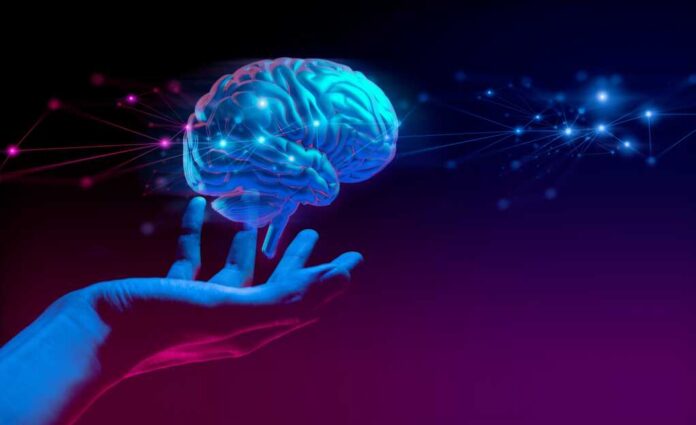
Groundbreaking research reveals that overworked brain cells are literally burning themselves out in Parkinson’s patients.
Story Highlights
- Scientists prove chronic overactivation of dopamine neurons directly causes their death in Parkinson’s disease
- Mouse experiments show artificially stimulated brain cells develop molecular stress and eventually die
- Human brain tissue analysis confirms similar patterns, validating the overwork theory
- New therapeutic approach could target neuronal activity instead of just replacing dopamine
Revolutionary Discovery Links Brain Cell Burnout to Disease Progression
Researchers led by Dr. Nakamura and Dr. Rademacher have demonstrated that dopamine-producing neurons in Parkinson’s disease die because they become chronically overworked. Using genetically engineered mice, scientists artificially stimulated these critical brain cells and observed them develop molecular stress responses, disrupted activity cycles, and eventual cell death. This mirrors exactly what happens in human Parkinson’s patients, providing the first direct experimental evidence that neuronal overactivation drives the selective brain cell loss characteristic of this debilitating condition.
The September 2025 findings represent a paradigm shift from previous theories that attributed Parkinson’s solely to genetic mutations, environmental toxins, or protein aggregation. Instead, the research reveals that these vulnerable neurons may be working themselves to death trying to compensate for early disease processes. Dr. Rademacher explains that neurons attempt to avoid producing excessive dopamine, which can be toxic, by decreasing their dopamine output over time until they ultimately die from the stress.
Watch: Gladstone Audio News │ Overworked Brain Cells May Burn Out in Parkinson’s Disease
Human Brain Tissue Confirms Mouse Model Findings
Analysis of brain tissue from early-stage Parkinson’s patients revealed molecular changes identical to those observed in the overactivated mouse neurons. This cross-species validation strengthens the evidence that chronic neuronal overwork is a fundamental driver of disease progression in humans. The researchers found that the same stress response pathways activated in artificially stimulated mouse neurons were also present in human Parkinson’s brain tissue, confirming that the laboratory findings translate directly to human disease mechanisms.
This discovery challenges the traditional approach of treating Parkinson’s primarily through dopamine replacement therapy. While current treatments focus on supplementing the neurotransmitter lost when brain cells die, the new research suggests that preventing the initial neuronal burnout could be far more effective. The identification of specific molecular stress markers in both mouse models and human tissue provides clear targets for developing interventions that could halt or slow disease progression before irreversible damage occurs.
Therapeutic Implications Offer Hope for Disease Prevention
Dr. Nakamura emphasized that adjusting the activity patterns of vulnerable neurons through drugs or deep brain stimulation could help protect them and slow disease progression. This represents a fundamental shift from symptom management to disease modification, potentially offering hope to the millions of Americans facing Parkinson’s diagnosis. The research team is actively investigating pharmaceutical compounds and neuromodulation techniques that could safely reduce neuronal overactivity without compromising normal brain function.
The findings also complement parallel research on LRRK2 inhibitors, which show promise in reversing Parkinson’s-related neuronal damage in mice. Dr. Suzanne Pfeffer from Stanford notes that such inhibitors may stabilize symptoms if patients are identified early, suggesting multiple converging pathways for intervention. This multi-pronged approach could revolutionize Parkinson’s treatment by addressing both the overactivation mechanism and genetic factors that contribute to disease development.
Sources:
Overworked neurons burn out and fuel Parkinson’s disease
Overworked Brain Cells May Burn Out In Parkinson’s Disease
Parkinson’s reversal? One drug brings dying brain cells back
MIRO1 mutation leads to metabolic maladaptation


















